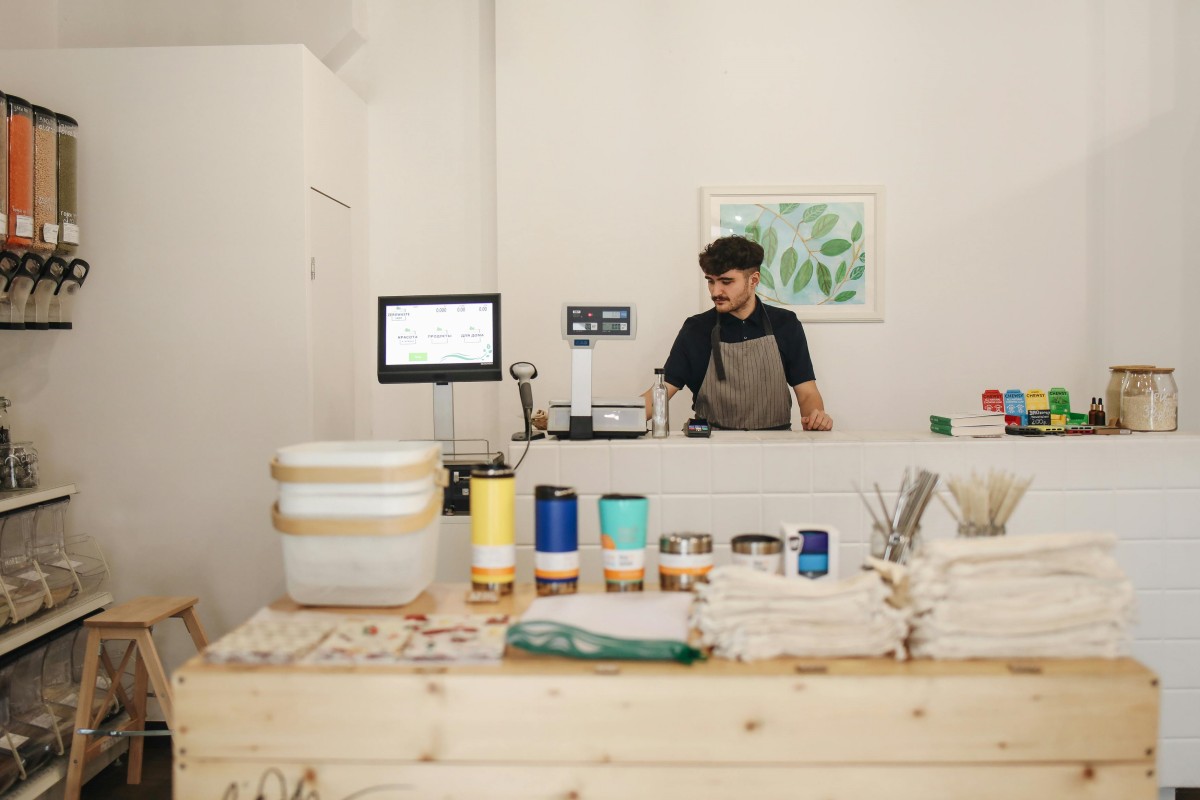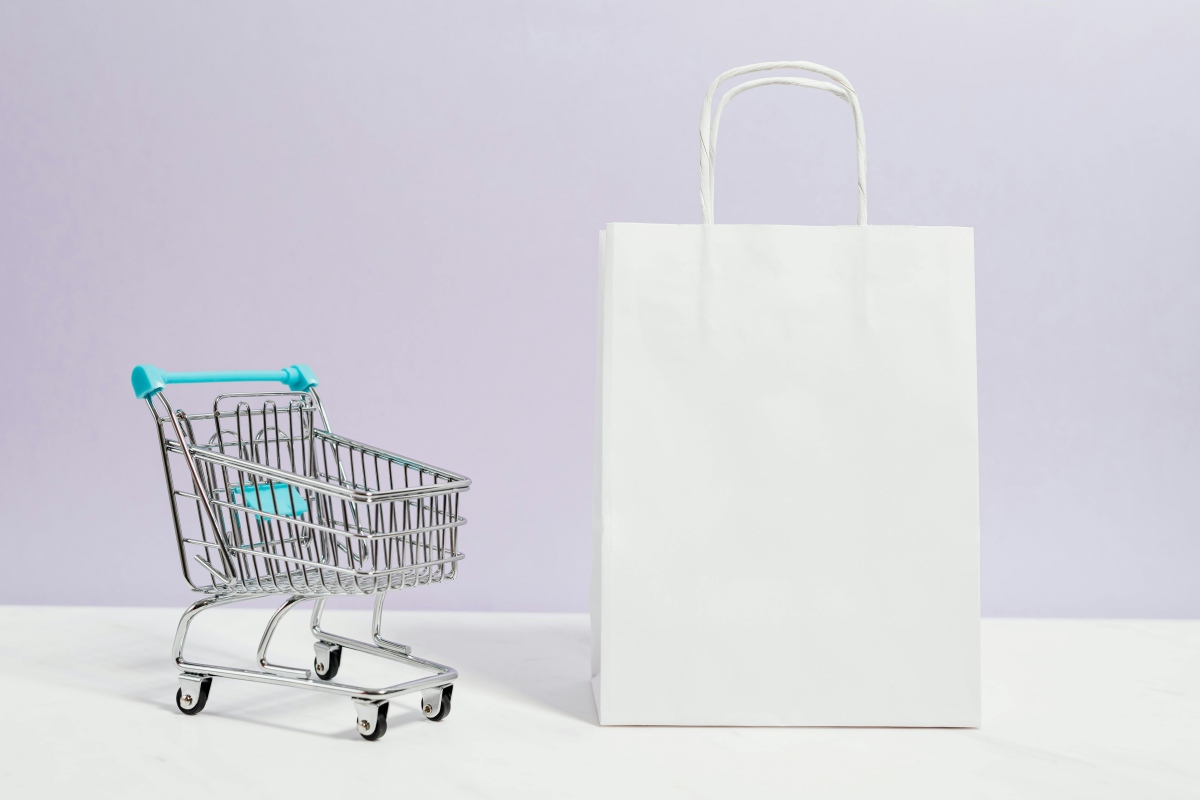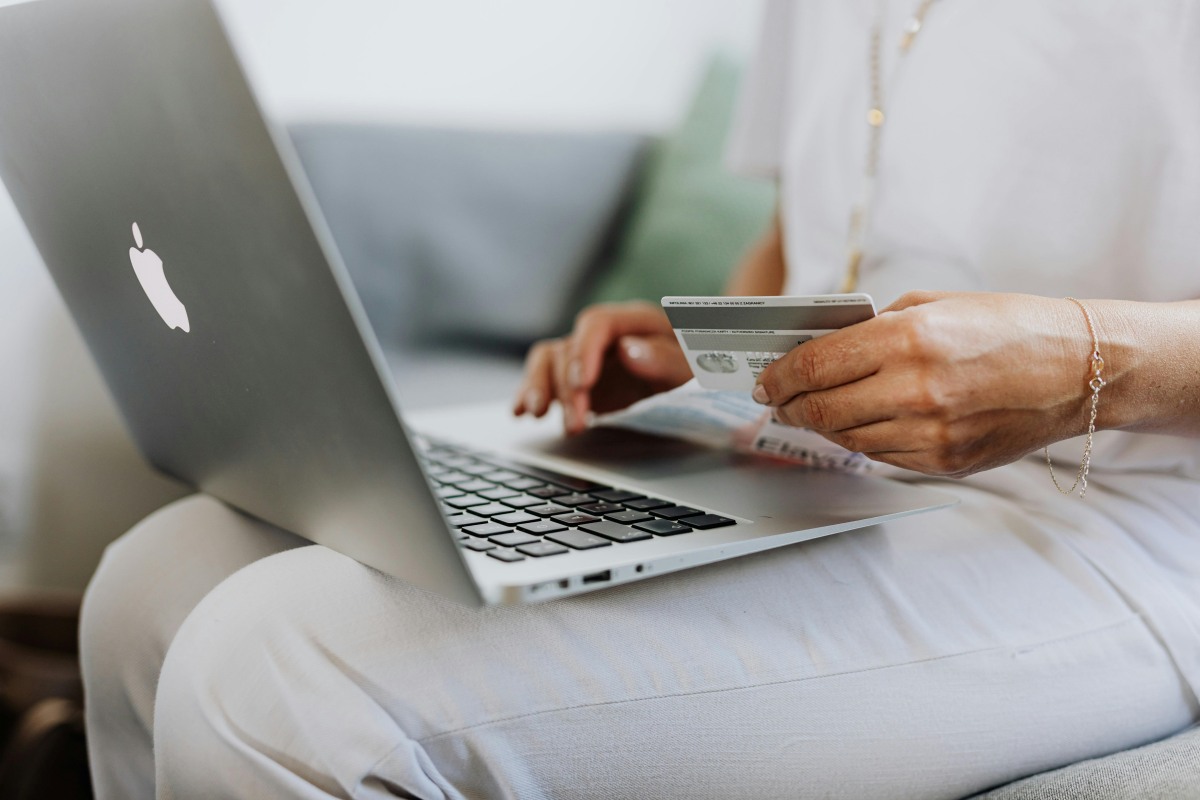
When was the last time you interacted with a retail business? It probably wasn’t long ago. If you’ve walked into a store and purchased an item, you’ve been a retail customer. If you’ve done online shopping, you’ve been a retail customer.
Retail businesses are everywhere and play an important role in the economy. By 2022, total global retail sales were valued at a staggering $26.7 trillion! That’s why many people dream of opening a retail business.
It doesn’t have to remain a dream. With this ultimate guide to success in opening a retail business, it can be a reality.
What Is a Retail Business?
A simple retail business definition is a business where merchants sell products to consumers for their personal use. The retail business model entails direct sales of goods to customers from a fixed point of sale. This has traditionally meant a brick-and-mortar shop, but can now also mean an online store.
A retail business differs from a wholesale business because while retailers sell to the public, wholesalers sell to businesses and retailers.
Wholesale prices are lower because they need to provide room for retailers’ profit margins on goods when selling them in-store to the public. Wholesalers are classified as B2B (business to business) and retailers are classified as B2C (business to customer).
The retail industry is important because it stimulates consumer spending, driving economic growth, and contributing to the GDP. Retailers provide an important service to the public, meeting the consumers’ needs for various products.
Types of Retail Businesses
There are many different types of retail businesses, catering to the various needs of the public. Some are part of retail chains, which are like franchises of retail brands. Others are independent retailers. An independent retailer is an entrepreneur who starts their retail business from the ground up.
Here are some of the most common examples.
Speciality Stores
A retail store typically sells a specific category of merchandise (even if from different manufacturers) directly to consumers. Clothing stores, bookstores, furniture and appliance stores are just a few examples of retail stores.
Supermarkets
Supermarkets offer a one-stop shopping experience and sell mostly food items, toiletries, and household products.
Department Stores
A department store is a large retail center that comprises many categories and ranges of products from different manufacturers under one roof. These are separated into departments, often on different floors of the building.
A department store may include furniture, home goods, clothing, even food items, and more. These are not separate retail businesses, but rather one business, on multiple levels.
Discount Stores and Supercenters
Discount stores sell products at lower prices than most traditional retail stores. Sometimes, items are sold in bulk to further reduce prices. Supercenters are like a combo of a department store and a discount store.
E-Commerce/Digital/Online Stores
Since the rise of e-commerce, a retail business is no longer limited to a brick-and-mortar location. Consumers can purchase products in digital stores on their mobile devices. Therefore, online retailers are part of the retail sector.
Online retail stores offer consumers maximum convenience. Shoppers can peruse catalogs of products, pay for purchases with mobile payments, and arrange delivery online. All from the comfort of their own homes, or anywhere else for that matter, using computers or mobile devices.
If starting an e-commerce business interests you, check out our guide to e-commerce business models.
Second-Hand Stores
Retail businesses typically sell new products. However, used goods can still have a commercial value. Some stores have a separate division for used items (like a business that sells both new and used cars). In other retail categories, second-hand merchandise is typically sold in stand-alone second-hand stores.
Convenience Stores
A convenience store is a small retail store that sells everyday items like groceries, toiletries, small home goods, and snack foods. Convenience stores are usually located in urban areas, and sometimes linked to fuel stations, for extra convenience.
How to Start a Retail Business
If you’re interested in starting a retail business, these are the steps you’ll need to follow.
Create a Business Plan For Your Retail Store
Your first step in making your retail business dream come to life, with a well-thought-out business plan. A business plan is a document that outlines your retail business goals, and the strategies you’ll use to achieve them.
This document serves multiple purposes. It can:
- Act as a guide for you and your business partners, to reference goals from time to time and track progress.
- Showcase your business ideas to potential investors.
- Help you to secure funding if you need help with financing your startup retail business.
Your business plan should include a business description, proposed management structure, details of products offered, retail strategy, and potential sales forecasts. It’s like a blueprint for your business journey.
There’s a difference between a business plan and a business model. Business models describe how entrepreneurs plan to offer products to their consumers. They include core strategies necessary for creating profitable businesses. Business plans are more comprehensive.
Analyze Your Budget and Calculate Your Costs
What sort of budget do you have for starting your retail business, and how much do you think you’ll need to run it? Here are the factors that contribute to your costs.
Premises
Unless you intend to run an online store from a website, you will need a property in an area zoned for business, to operate from. If you intend to rent the premises, what can you afford to pay? The monthly rental amount will be based on the square footage of the rental space and the real estate value.
Your rental space will also need shop fittings. These include the shelves, screens, counters, and hanging spaces needed to display your wares.
Inventory Costs
What you intend to sell will cost money to source. How much will you need to purchase your initial inventory? To ensure a positive customer experience, you need a constant supply of the most popular stock on hand. This means you may need additional storage space, another expense to account for.
Running Expenses
Your running expenses include utilities and other services or products necessary to keep your business running.
Your utility bill can be influenced by the location and the size of the retail premises. It can also be subject to your business hours (longer hours mean (more electricity used) and the climate.
Then there are the tech, security, and admin requirements of running a retail business. These include point-of-sale (POS) systems, store security, recordkeeping, accounting, and more. These are ongoing expenses that you need to factor into your budget.
Staffing Considerations
Even small retail businesses need staff, and you will have to pay your employees wages/salaries. Other staffing considerations include benefits, employee insurance, and payroll administration.
Insurance Coverage
Theft, damage from severe weather, unexpected breakdowns in the supply chain — these can all affect your ability to do business. This is why you’ll need some insurance coverage to mitigate these risks.
There are several types of business insurance you may want to consider, for example, property damage, loss of income, liability, and crime or vandalism. Note that you’ll likely need to have some sort of insurance in place when you approach investors and/or lending institutions.
Advertising, Promotional, and Marketing Costs
From the very start, you’ll need to spend time (and money) on marketing your business. This includes creating a logo and slogan, designing a website (a must-have in the digital age), and even printing business cards and brochures for physical distribution.
To get the word out about your grand opening, you’ll need a good marketing strategy. Retail is a very competitive sector. You can’t afford to neglect the need for advertising, marketing, and promotion.
Consider the Logistics
How do you plan to get the stock to your storage facility, and to your retail store? What about deliveries of online orders (if you offer such a service)?
This all requires very thorough planning, detailed scheduling, and secure transportation. Do you want to use your own delivery vehicles? Or perhaps you’d prefer to rely on a logistics service. Evaluate the costs of each to decide what would work best for your business.
Choose a Suitable Location
You have already calculated what you can afford, or are prepared to pay, in rent. Now you need to choose a location that has the foot traffic you need but also fits that pricepoint. If you select a location in a popular area, the rental price is likely to be high.
Keep your target audience and also your competitors in mind when choosing a retail business location. Above all, be realistic about what you can achieve in your desired location.
Does the local community need the product lines you’re offering? If you’re selling sporting goods in a small town populated mostly by seniors, you probably won’t sell as much as you’d like.
Are there other retail businesses nearby, offering the same goods? While some healthy competition keeps you motivated, it can be difficult to gain the edge over an established business already loved by the community.
Financing Options for Retail Businesses
Once you’ve considered all the above factors, and done some basic calculations and forecasts, it’s time to look at your funding/financing options.
Merchant Cash Advance
A merchant cash advance is a once-off advance of cash to be used as working capital for a business. It can be used to cover running costs, wages, inventory purchases, and more. A merchant cash advance does not include typical interest rates but does have a fixed fee.
The fee and the advance amount are repaid with a percentage of sales. The repayments can be made daily, weekly, or monthly.
If you are a registered Amazon seller, you may be eligible for a merchant cash advance. If you’re a Shopify merchant, Shopify Capital may be the solution.
However, these loans are geared towards businesses that are already making sales.
Startup Business or Small Business Acquisition Loan
A startup business loan is designed to help entrepreneurs launch a new business. If you have limited credit history, you may still be eligible for a startup business loan. Banks and other lending institutions offer such loans, but their eligibility requirements are usually very stringent.
SBA startup loans or small business acquisition loans are sometimes the solution for starting a business with limited resources and credit history.
Business Crowdfunding/P2P loans
Business crowdfunding or P2P loans offer alternative lending options for funding, online. Private individuals, or groups of individuals, contribute smaller sums to collectively help you reach your funding target.
Although it takes place outside the banking arena, on an online P2P site, it operates very similarly to a traditional loan. Loan amounts are paid back according to a payment schedule, with interest.
Revolving Credit Facility or Line of Credit
A revolving credit facility or line of credit allows you to access a pre-approved loan amount, making withdrawals as and when you need them. Interest is only paid on the sums that you use.
This is useful for running expenses, and even unexpected business expenses. However, it’s not always the best option for starting a business from scratch, as the loan amounts simply aren’t high enough.
eCommerce Financing
eCommerce financing is a funding option tailored for online retailers.
It can provide the capital you need to start and grow your online retail business, cover marketing costs, and manage your cash flow. Plus, getting started with an online business is usually cheaper than a physical retail store. This is just one of the benefits of starting an online business.
Conclusion
Navigating the retail landscape can be a challenge. The retail industry has many challenges and is extremely competitive. But with a solid business plan and retail strategy, a lot of determination, and the right funding, you can make a success of it.
Get ready to make your dreams of opening a retail business come true. At E-Boost Partners, we make it simple to get the funding you need for your start-up business. We can help you apply for working capital and lines of credit. We also offer access to cost-effective merchant services like POS solutions.
Contact us today for more information.







